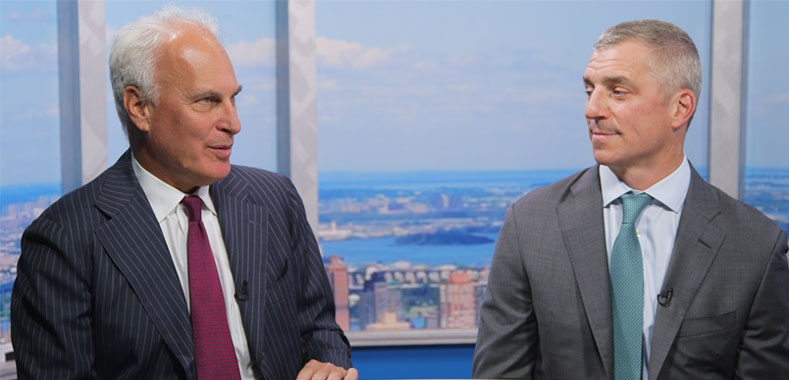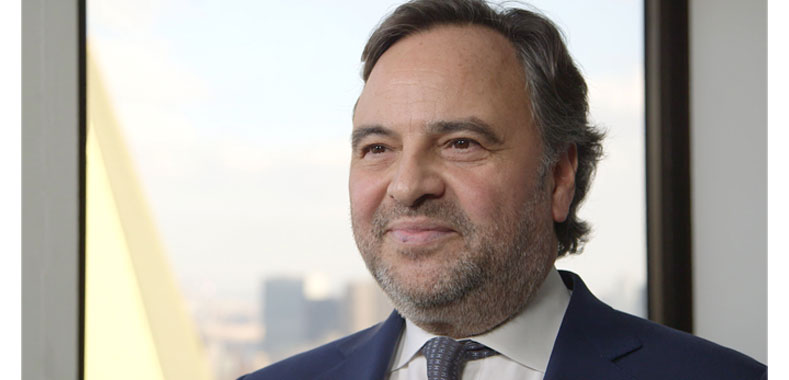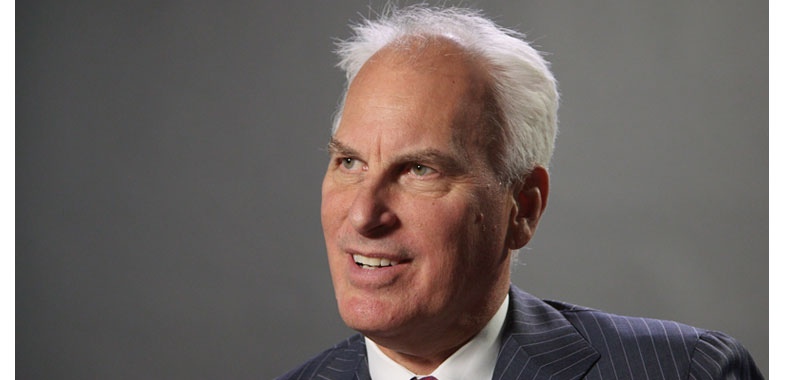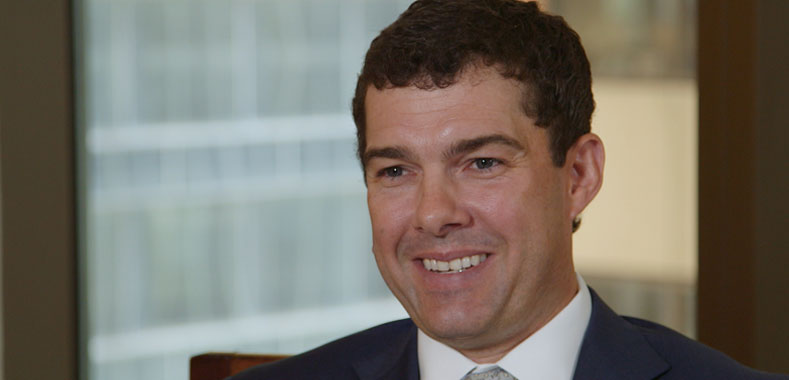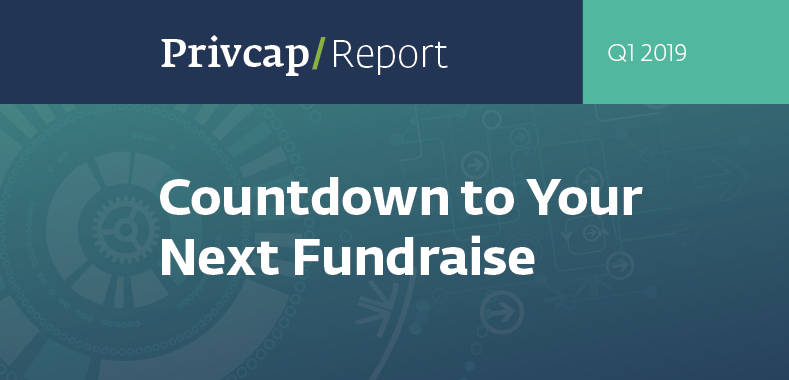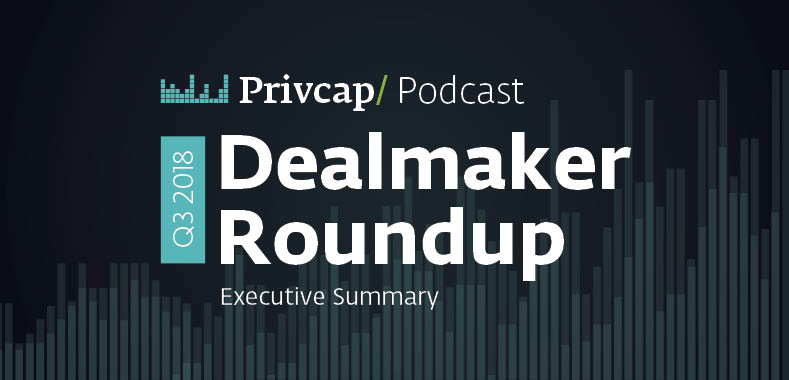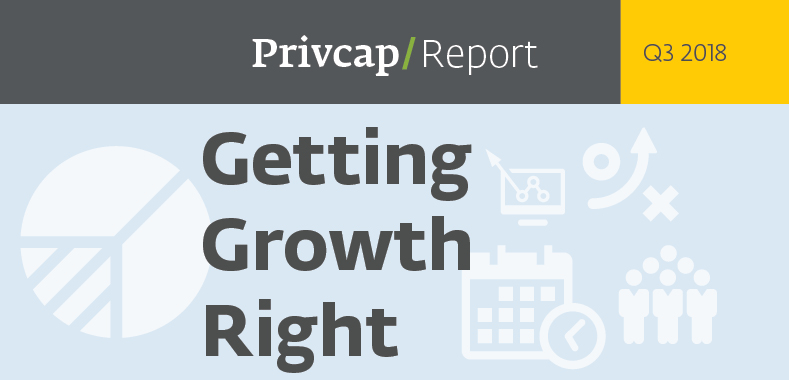Fundraising: Differentiate or Fail
In planning for an upcoming fundraise, it is more important than ever for GPs to stand out in a crowded market, according to three veterans of the fundraising market. The work required to craft a truly differentiated story includes making dozens of reference calls – the same kinds of calls that prospective LPs are going to do.
Transcript Download Transcript
Differentiate or Fail
David Snow, Privcap:
Today, we’re joined by David Conrod of FocusPoint, Terry Mullen of Arsenal Capital Partners and Rudy Scarpa of Pantheon. Gentlemen, welcome to Privcap. Thanks for being here.
Unison: Thank you.
Snow: We’re talking about a very hot topic: fundraising. Everybody in private equity thinks about fundraising, because it is essential to the industry and it’s something that keeps your firm going from fund to fund, but let’s talk about what is unique about today’s market. A GP that’s getting ready to fundraise maybe several months from now might not really understand what it’s like in the current environment. So, let’s start with a question for Terry Mullen of Arsenal: your firm has raised four funds, which most people would consider to be a huge success, and yet it’s never easy. Tell me about the most recent fundraise. What was notable about it compared to the prior efforts?
Terry Mullen, Arsenal Capital Partners:
When we raised our last fund several years ago, most of the investors with whom we are speaking had known us for a long time, including ones who are prospects. But I would say the level of diligence and the thoroughness of it were higher than we had ever seen. That means they now wanted to see the clarity of the strategy, the model and the team. They wanted to see the depth of the organization, the strategies, the industry strategy specifically that we are pursuing, as well as those portfolio companies and the value-add that we were achieving—how do those all string together in a system?
David Conrod, FocusPoint Private Capital Group:
Yes, I think that’s accurate. You need to come up with a real differentiated strategy and show some real value-add to the perspective investor, and that’s difficult.
Rudy Scarpa, Pantheon:
I would even add to that: what’s driving that increased need for differentiation is that you’re seeing a lot of institutional investors rationalizing their private equity relationships. For example, you’re seeing big pension plans in the U.S. that are calling relationships, so it’s not that they’re investing in private equity any less. They might be investing the same, if not more, they’re just doing it with fewer groups. But, on a go-forward basis, they’re giving plenty of money to some groups. It’s a bifurcated private equity fundraising market almost where you get the Apollos of the world that are raising huge amounts in a very short period of time, and then many other groups that are struggling to get some attention from those investors that are reducing their relationships to a more concentrated core.
Conrod: I agree it’s got to be additive, not duplicative, and I think you have to have deep sector expertise now. Being a new generalist manager right now would be difficult, and Arsenal could attest to that with what you’ve done.
Mullen: I think that standard, Dave, for institutional expertise has gotten higher and higher every year, meaning more domain expertise, more market technical expertise, people who’ve lived in these market spaces for decades and run businesses in these decades. And that domain and technical expertise for us is the tip of the spear—that’s the starting point for our strategies, for the certain sub–market strategies, we’re crafting the assets, we’re seeking the value-add we can bring so that specialization in private equity generally, but as it plays out within a fund, for us has been essential.
Snow: David, from a fundraising perspective getting ready to raise your next fund, what kind of documentation do you need to put together to show that you have this secret sauce that other GPs do not?
Conrod: We do a lot of reference calls; in some cases, we will try to make a minimum 40 reference calls on a prospective management team, speaking to as many CEOs as we can or intermediaries. And that is where you pick up a lot of information about the value–add, the specialization, the knowledge and the deep sector expertise of these management teams. We learn a lot through those calls that maybe the management team hasn’t considered and we can weave that into this story. That’s been successful for us.
Scarpa: Staying on that point, I agree that reference calls are so important. We think about them and we do plenty of reference calls [when] we’re looking at a new general partner that we don’t know. And it’s not just that the reference is on the list that they give you. It shouldn’t be shocking, but oftentimes those are always going to be good references if they’re on the list; it’s the off-list reference calls you make that are really the important ones. Those are the ones where you’ll talk to a CEO or a former partner at the private equity firm and you’ll learn a lot more. Sometimes you’ll learn a lot when they don’t tell you something—when they won’t comment on something [about] an issue or won’t give you an answer and just refuse to even have a conversation with you. That’s a huge red flag and that’s where you learn and pick up a lot about a GP.
We like to do our own bottoms-up analysis of the cash flows, so we like to see a cash–flow model. Let’s look at all the cash flows in and out to make sure there’s a track record actually [that] is robust and credible.






